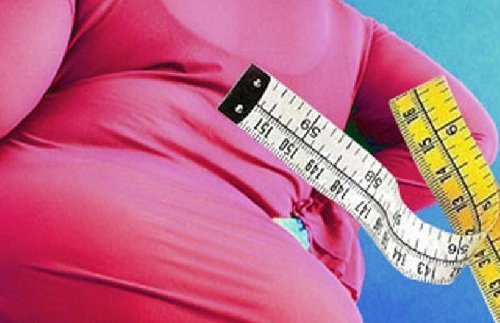The excess of insulin, prolactin, cortisol, as well as lack of thyroid and sex hormones can increase the body weight. Long-term, the imbalance of hormones increases the chance of obesity.
Excess hormones and obesity
High insulin concentration in the blood observed in the metabolic syndrome. In this case, patients may be concerned about fatigue after meals, increased appetite, craving for sweets, thirst. To establish a violation of hormonal background, you need to be tested for blood sugar and insulin.
Increased secretion of prolactin is usually observed in women. Apart from obesity patients can disturb the menstrual cycle. For examination it is necessary to take a blood test for prolactin and to visit the gynecologist.
Obesity is associated with a high concentration of cortisol, characterized by stretch marks on the skin of the body, high blood pressure, weakness in the arms and legs. For accurate diagnosis it is necessary to investigate the diurnal rhythm of cortisol.
The lack of hormones and obesity
Hypothyroidism develops due to low production of thyroid hormones. This disease is manifested by weight gain, slow pulse, drowsiness, memory loss. To identify the broken hormonal background it is necessary to take on an empty stomach thyroid-stimulating hormone (TSH) and free thyroxine (FT4).
The lack of sex hormones leads to obesity in men and women. Low concentration of testosterone and estrogen triggers excess fat deposition in any age. Most often, the lack of sex hormones occurs in women after menopause. In this case, the patient with a standard diet adds more than 5 kg per year. Replacement therapy sex hormone is selected gynecologist for women and services for men.






